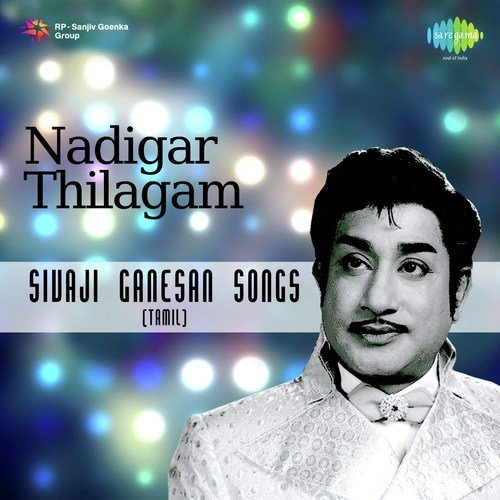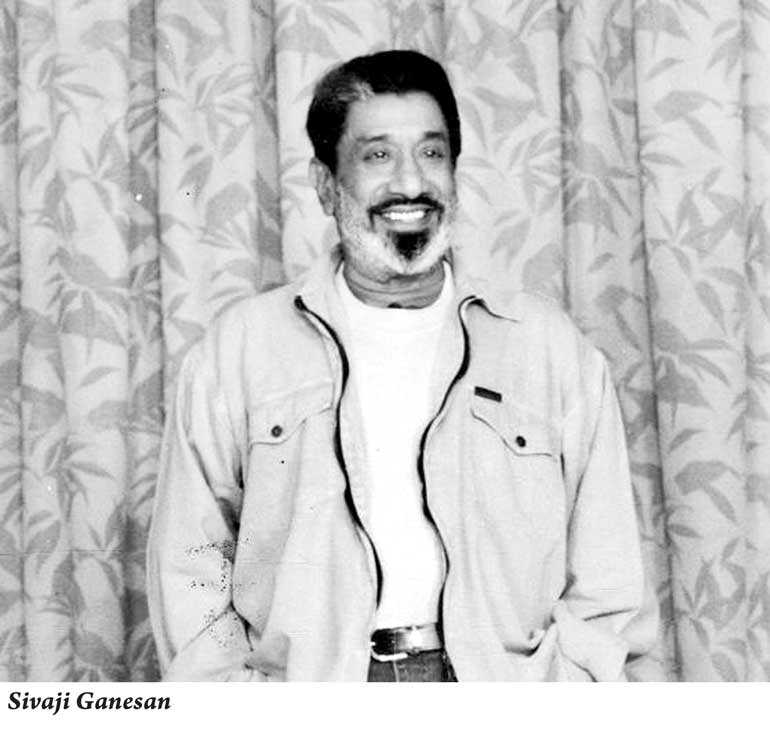
Balachandran, the ‘New Indian Express’ Correspondent in Colombo, in a recent article interviewed both Malani and Geetha about Sivaji Ganesan. The song ‘Thennilankai Mangai’ (south Sri Lanka maiden) is sung by S. The beautiful song sequence picturised on Geetha bathing in a waterfall-stream with Sivaji taking photos from different angles was unforgettable. Sridhar did well in Sri Lanka but had an average run in Tamil Nadu despite the fact that it had Sivaji in the lead. ‘Mohana Punnagai’ starring Sivaji Ganesan and Geetha Kumarasinghe was made in 1981. It ran for more than 100 days both in Tamil Nadu and Sri Lanka. Shot in Eastman colour, this film was about an Air Ceylon pilot and his family. But the most popular song was ‘Ilankayin Ilankuyil’ (the young cuckoo of Sri Lanka) with Vani Jayaram lending her voice to Malani, and T.M. Manoharan, which had audiences’ foot-tapping in India and Sri Lanka. Shot in many scenic places in Sri Lanka, the film had a lively Baila type song ‘Udarata Menike’ sung in lilting tones by L.R.

‘Pilot Premnath’ in 1978 was an Indo-Sri Lankan co-production directed by A.C.

Pilot Premnath ♥ Malani Fonseka ♫ ‘Ilankayin Ilankuyil’ Substantial portions of the films ‘Pilot Premnath’ and ‘Mohanapunnagai’ starring Sivaji were shot in Sri Lankan locales with Sri Lankan artistes Malani Fonseka and Geetha Kumarasinghe in the lead female roles. Several of his films were adapted and remade in Sinhala. His movies ran to packed houses in the island. It was a name bestowed upon him for playing the role of Sivaji in a popular drama. Though known as Sivaji, that was not his real name. The man regarded as the greatest thespian of post-Independence Tamil cinema passed away on 21 July 2001, three months short of his 73rd birthday. It is in this context of reviving memories about the first Tamil film to impact upon me greatly that I focus the ‘Spotlight’ this time on its hero Sivaji Ganesan, about whom I have written extensively in the past. It is no exaggeration to say that he was the role model for many of my generation in pronouncing Tamil dialogue in dramas.

Unlike most of the actors seen in the Tamil films of today, Sivaji Ganesan spoke Tamil on screen the way the mellifluous, vibrant language should be spoken. Parthiban) and Kattabomman and Bannerman (played by Javer Seetharaman). Two remarkable passages lingering in memory still are the verbal duels between Kattabomman and Jackson (played by C.R. Krishnasamy) from ‘Veera Pandiya Kattabomman’ in those days and repeated them with appropriate mannerisms to entertain family, relatives, classmates and friends. I memorised the dialogue (written by Sakthi T.K. The highlight of that performance was the powerful delivery of fiery dialogue by the film hero Kattabomman played by Sivaji.
#Tamil songs sivaji ganesan movie#
The magic of the movie to me at that time was the portrayal of Kattabomman by the doyen of Tamil actors, Sivaji Ganesan. Nowadays in Canada I have a DVD of the film which I view occasionally if not regularly. Even in later years I never missed seeing it when an old print was screened in a theatre. This was because several relatives and family friends took me along when they went to see the film as those in our family circle knew how crazy I was about this particular film Kattabomman. I can recall seeing the film four times at Elphinstone and twice at Gaiety.

The film which played at Elphinstone, Maradana moved on to Gaiety, Kotahena. The man taming the bull was Vellaiyhathevan, the commander of Kattabomman’s forces. The two horsemen were Kattabomman played by the actor Sivaji Ganesan and his brother Kumaraswamy alias Ommaithurai played by OAK Devar. In the middle was another cut-out of a man literally taking a bull by its horns. There were two cut-outs on either side of two men with upraised swords on horses. The upper portions of the theatre were encased in hardboard, resembling the structure of a fortress. I was five years old when I first saw the film with my parents at Elphinstone Theatre. Sivaji Ganesan (1 October 1928-21 July 2001) in “Veera Pandiya Kattabomman”


 0 kommentar(er)
0 kommentar(er)
